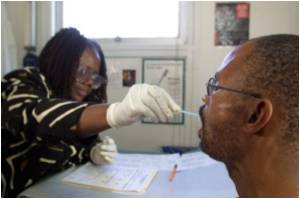Researchers in South Korea have successfully engineered islet cell clusters (ICCs) that will improve pancreatic islet transplantation and offer promise for curing diabetes mellitus.

Carried out by collaborating researchers at three universities in Seoul, Korea, the new process of creating ICCs included delivering a gene to single islet cells that increased their glucose sensitivity; reducing the size of cells in the cluster and; modifying the ICCs' surface with a poly-lipid to help prevent immune reactions.
According to the researchers, their work is potentially far-reaching by helping to overcome the shortage of islet cells with respect to transplantation and reducing the need for immunosuppressant regimes, an important factor in eliminating the possible adverse impact of transplantation.
"Transplantation of isolated pancreatic islets has shown tremendous potential for curing patients with type I diabetes," said study co-author Dong Yun Lee of Hanyang University's Department of Bioengineering. "But transplanted islet cells face challenges, such as hypoxic (low oxygen) conditions and the host's aggressive immune reactions. Accordingly, we developed a clinically adaptable way to create islet cell clusters engineered to overcome these challenges."They noted that encapsulated islets incurred cell death due to hypoxia caused by the relatively large size of the capsule and the impurity of the biomaterials from which they were made.
Hypoxia has also caused the early loss of graft function. The research team hypothesized that when islets of smaller size were grouped into clusters, they would be less susceptible to immune reaction, ischemia and starvation because of adequate oxygen and nutrient supplies in the core of the islets.To help prevent cell death by improving the cell's regulation of glucose metabolism, and to help prevent programmed cell death (apoptosis), the researchers created a molecularly engineered (PEG-Sp-Ex-4) regimen to coat the ICCs.
The ICCs were also accompanied by factors to counter immune rejection. "We demonstrated that the viability of the ICCs was significantly higher than that of single, large islets when cultured for 25 days," said Dr. Lee. "When applied in human-to-human islet transplantation, the use of this strategy could contribute to higher islet cells success rates when transplanting islet cells to treat diabetes mellitus."
Advertisement













